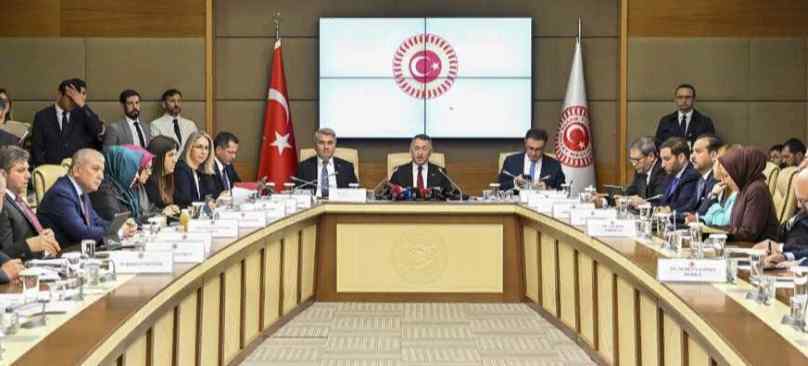Many members of the ruling Justice and Development Party (AKP) are not inclined to support the protocol to approve Sweden’s accession to NATO, Aydinlik writes. Although, of course, they will support it if party head Erdoğan decides so.
If the protocol on Sweden is adopted in the core committee, it will be sent to the general assembly of parliament. A simple majority is required for approval.
The protocol on Sweden’s accession to NATO has so far been ratified by 31 alliance countries, with only Turkey and Hungary failing to approve it. Ankara’s ratification was agreed before the alliance’s summit in Vilnius in July, but the Turkish side put forward conditions – fighting pro-Kurdish groups and accelerating economic and visa integration with the European Union.
Turkey will continue to put forward conditions – as long as Sweden’s accession to NATO is interesting to the West and the latter will be ready to pay for it. For example, Ankara benefits from the image of a defender of the oppressed Palestinians in Gaza and a pillar of Islam, which means it can extract some concessions from the US and the EU in relation to Palestine, converting them in its favour. Or continue the long-standing dispute over F-16 deliveries. Or perhaps demand the severing of ties with Erdogan’s main opponent, Fethullah Gulen’s FETO organisation.
Parallel to the news about the discussions within the AKP on Sweden, other publications appeared. Their authors also attacked Germany, whose intelligence service is allegedly trying to harm Turkish interests through the religious network Suleymancılar. Berlin has already been asked to stop co-operating with Suleymanjilar. The Turks know how to bargain.
For Russia, these rumblings are more of academic interest. Finland’s accession to NATO has already increased the common border between Russia and NATO by hundreds of kilometres, which now needs to be strengthened. Sweden in this situation is just a supplement.
Elena Panina

